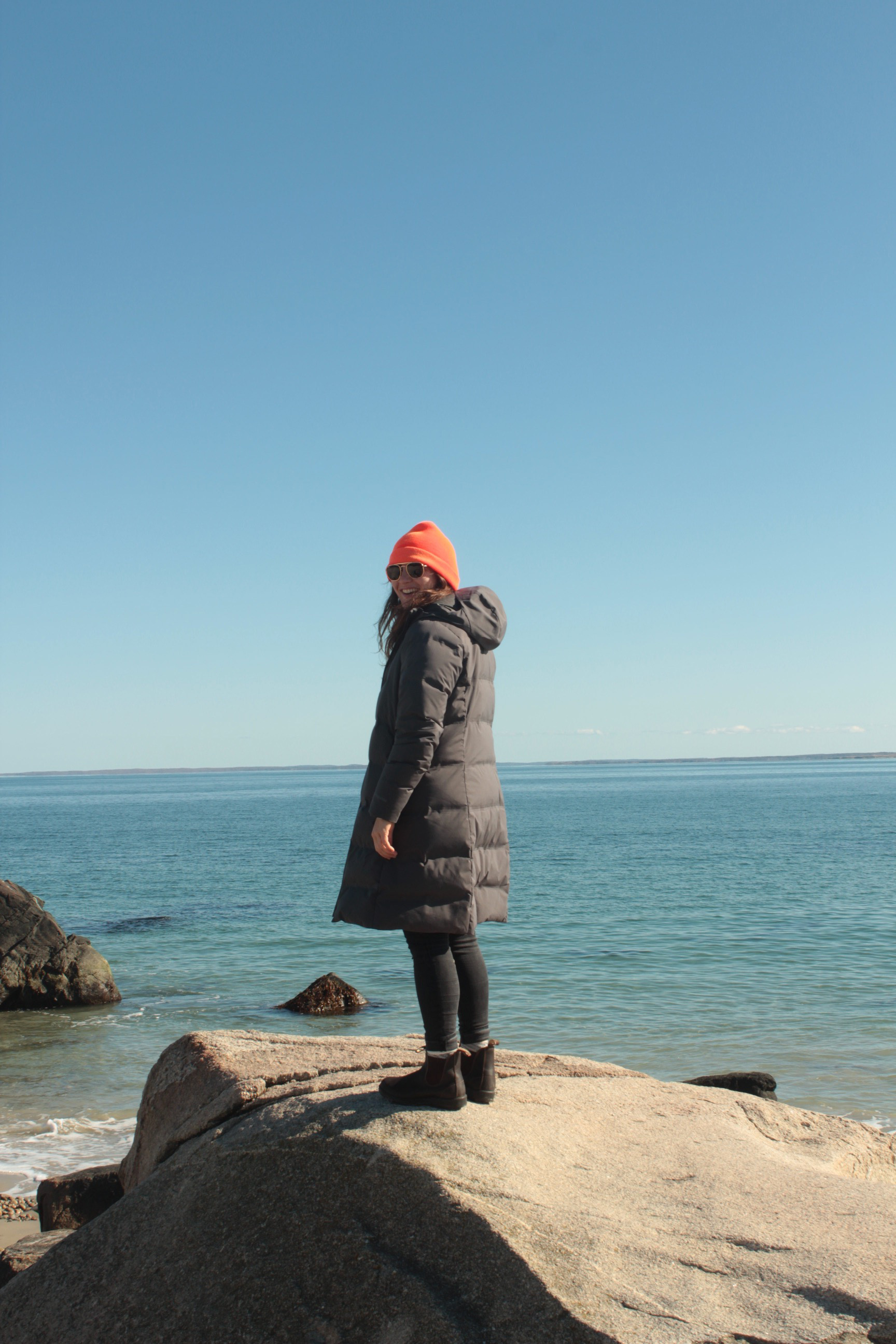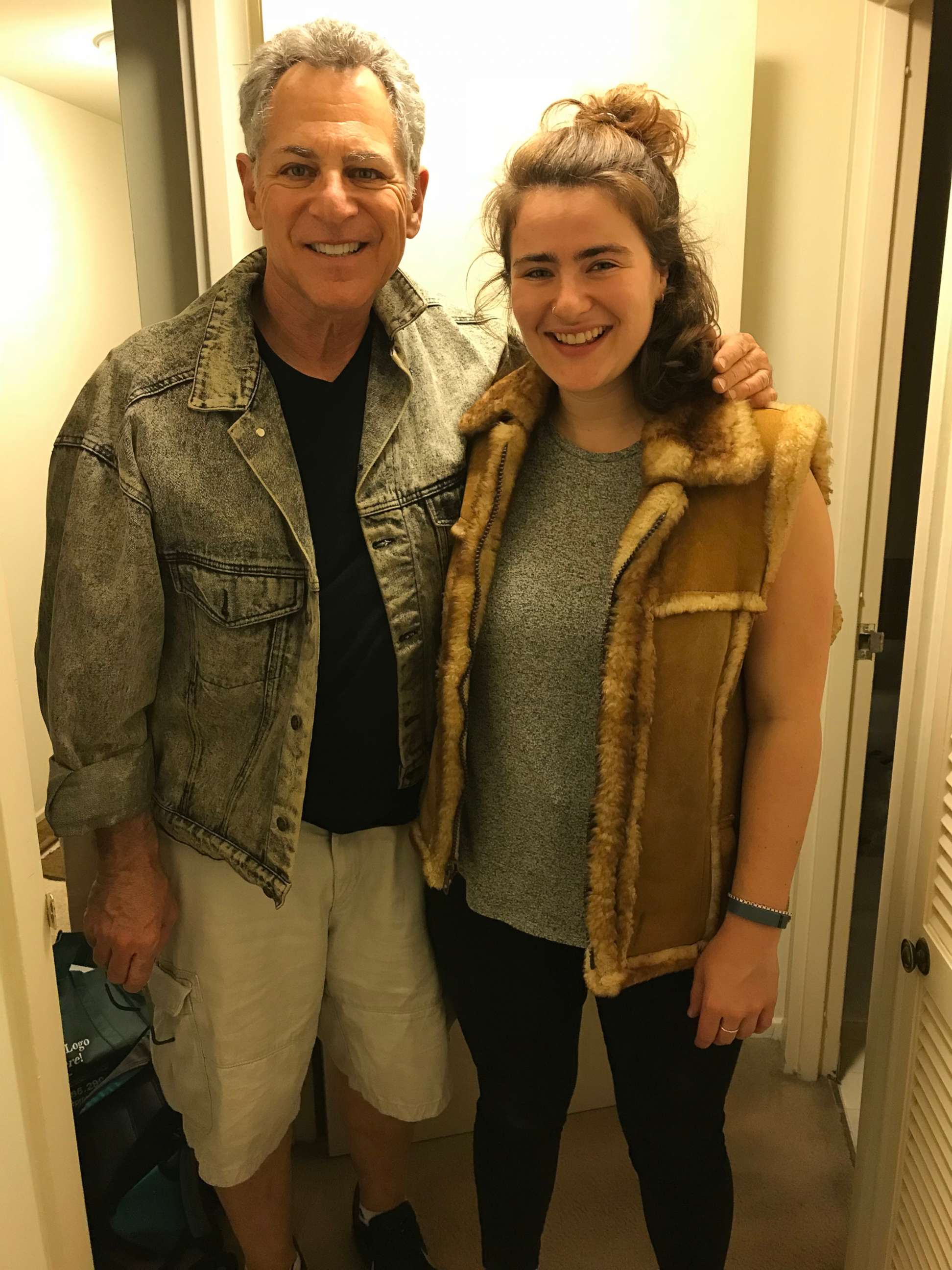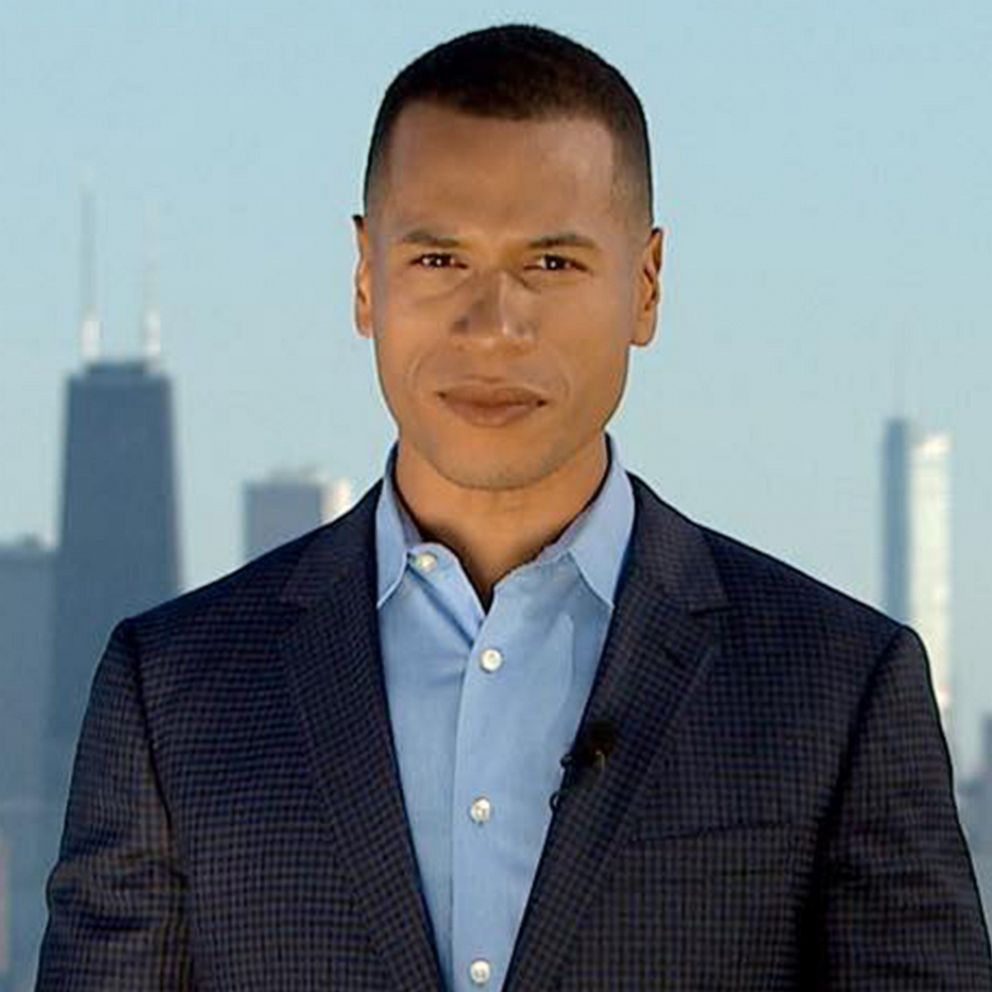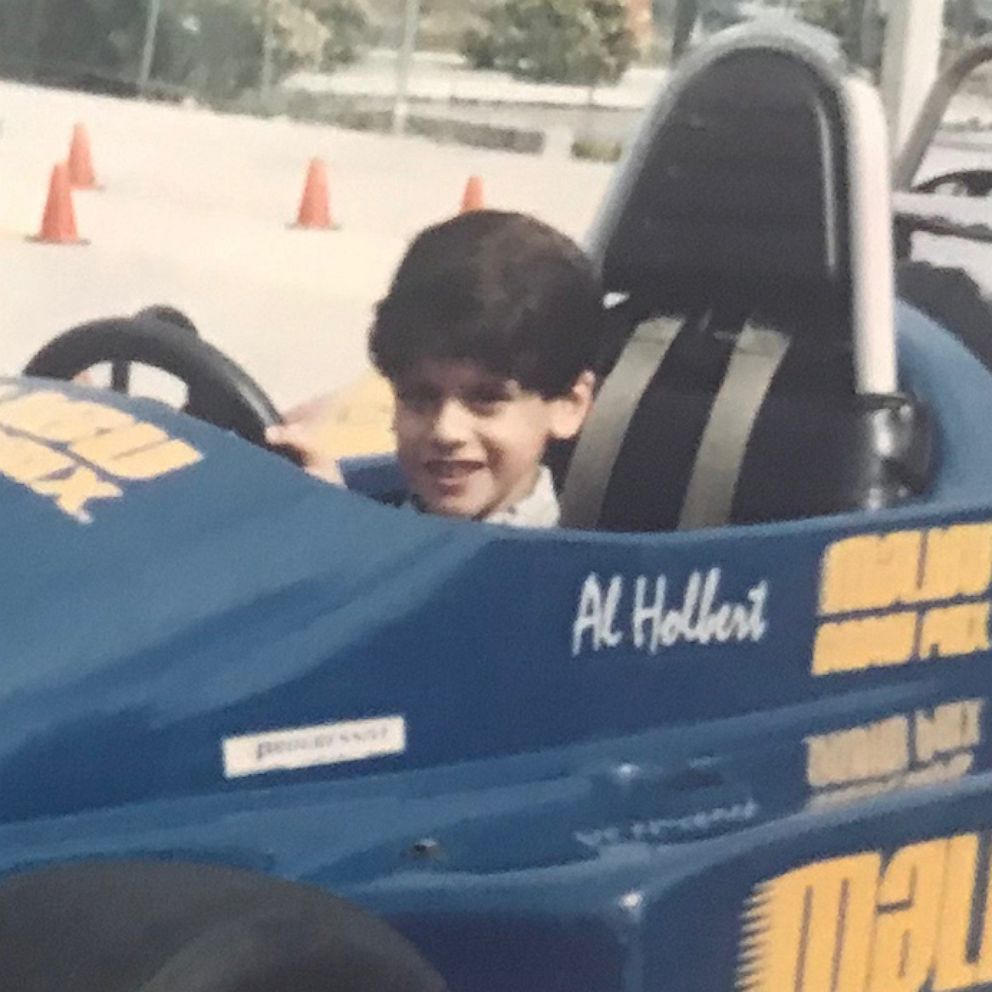WABC-NY's Bill Ritter: I'm a proud LGBTQ+ ally and always will be
I use #IAmAnAlly with pride for my daughter, Mia, and the LGBTQ+ community.
In celebration of Pride Month, Bill Ritter, anchor at "Eyewitness News" on WABC-TV in New York City, reflects in a personal essay about being an LGBTQ+ ally. As a parent, it became deeply personal for Ritter when his daughter Mia proudly came out at age 17.
"If a child of mine was being discriminated against for who she is, then that civil rights violation wasn't just against her, it was against me as well," Ritter writes. "When it's personal, it's powerful."
Ritter says his allyship with the LGBTQ+ community began while working at his parents' beauty supply store in the 1960s at a time when most gay people were either flamboyantly out of the closet or firmly hiding in it.
Read Ritter's personal essay below about the meaning and importance of allyship.
My daughter Mia was 17 when she came out. She was bold, she was honest, she was straightforward. What she wasn't was scared of our reaction. She knew that her baby boomer parents and her modern-day family would embrace her pronouncement of who she was, and who she is.

My reaction? I was so proud of Mia's exploration, discovery and journey about her identity.
But I had a second, internal reaction -- one of parental worry, because Mia had come out into a world that didn't seem prepared to offer her the same kind of rights guaranteed to people who weren't gay.
The year was 2009, and just four states had legalized same-sex marriages. But the tide was changing. Six years later, the U.S. Supreme Court legalized same-sex marriages in all 50 states by striking down the bans on same-sex unions.
If a child of mine was being discriminated against for who she is then that civil rights violation wasn't just against her, it was against me as well.
I watched the tidal change during those six years with more than a bystander's interest. This directly affected my oldest child, and I was not in the slightest bit impartial about this issue. I am still not impartial. If a child of mine was being discriminated against for who she is, then that civil rights violation wasn't just against her, it was against me as well.
It still is. And, in fact, it's against all of us. I felt this before Mia came out. I felt it on behalf of other parents of gays and lesbians. But there's no question, when it's personal, it's powerful.

I firmly embraced #IAmAnAlly as a mantra. And as social media grew, I was proud of publicly talking about being an ally, proud of Mia for standing up for her rights, and not silent about being worried about our country for not protecting the rights of Mia and all gays or lesbians. That expanded to the LGBTQ+ world in the years that followed.
I also became aware of something else -- something some parents felt about their gay children in the years before scientific advancements like IVF and donor eggs became available on a mass scale. Some parents told me that while they supported their children who came out, they were aware it typically meant that, in many states, they could not have children or adopt children as a gay or lesbian couple. For the parents that meant no grandkids; and, try as they might to not let it affect them, they said there was a sadness to that.
But when science trumped dark-age practices and medical breakthroughs allowed for anyone to be able to directly take part in the birth process, parents' hesitation melted.
It is one reason that many believe support for same sex marriages exploded during the Obama years with the advance of science and a supportive White House administration.






